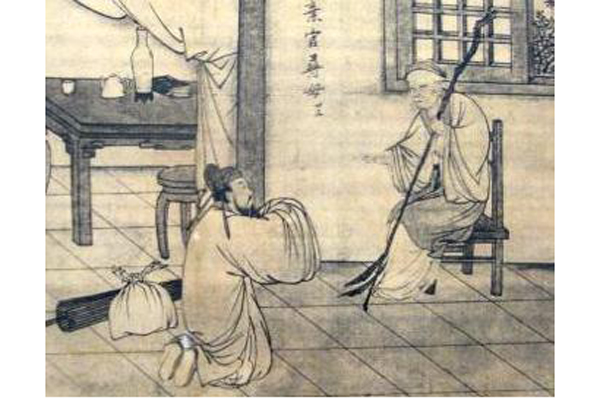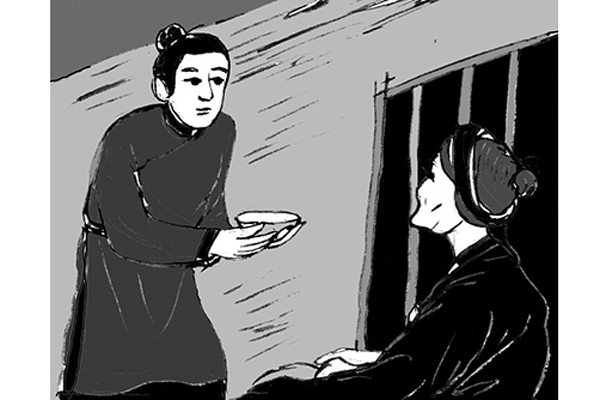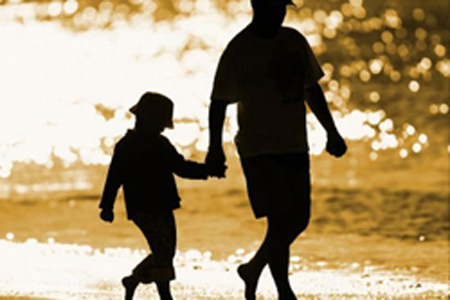During a dinner at the house of a mutual friend, Mr. Francisco Roque, a Filipino working for the United Nations Fund for Population Activities (UNFPA), spoke to me about the relationships between parents and children. He referred to a metaphor used by a certain Lebanese poet which I found excellent: the father is a bow which prepares for and starts the flight of the arrow, the child. The arrow, once in flight, does not have to depend on the bow any more.
This set me to ponder about the same relationships in Asia.
In ancient Vietnam which adopted the Confucianist ethics, the “father-son” relationship (only males were considered to be fit to uphold the familial cult) was one of the three mainstays of social order (tam cuong), alongside the ’’king-subject” and”husband-wife” relationships. Filial piety (hieu) was one of the basic virtues.

But the Chinese concept of “filial piety” was too mystical for the Vietnamese. Children in Chinese Antiquity literally martyrised themselves to express their feelings towards their parents, whom they venerated in the same manner as the Catholic Church would venerate its saints. In our eyes, what they did verged on madness: a child of four would abstain from all food each time its father or mother fell ill; a man who, after the death of his father, dieted for ten full years; a youth who willingly submitted himself to frequent unjust beating by his father and step-mother; a 13-year-old girl took her own life by drowning herself after crying for seven days for her father who had drowned in the same river. Such edifying stories about in classical literature.
A French Simlogist, Mr. Donald Holzman, has his own explanation for this quasi-religious fanaticism. According to him the sanctification of parents, the father in particular, legitimatized by a communal, patriarchal social organization, was a translation of the need for transcendence of the Chinese people who, in their Weltanschauung, are more down-to-earth and less prone to metaphysics than certain peoples in the West.

Filial piety was also cultivated by traditional education in Vietnam. Even in the period of French colonization, children’s duty to their parents was the subject of the first lessons in the primer for the first grade. The word of the father was law to the whole family. Children, whatever their age, would always be the possession of their parents. This “possessive” attitude of parents declined sharply following the August. Revolution of 1945 and especially during the thirty years of resistance war when civic instruction exalted patriotism while giving less stress to familial obligations. Now, with the return of peace, individualism, long suppressed, has found an excellent breeding ground in the consumer life-style being implanted in the cities. Not children have abandoned their parents completely.
Vietnam, with a selective approach, is returning to old moral values, without trying to revive the absolute parental authority, which would be impossible anyway. It is now believed that parents should be the bow while the children, the arrows, should find their own way, while remaining grateful to the bow that has launched them on their flights. It would be ideal now for children to blend the great respect people in the East feel towards their parents with the democratic spirit of the West in order to create an affectionate friendship based on mutual understanding and mutual love.



